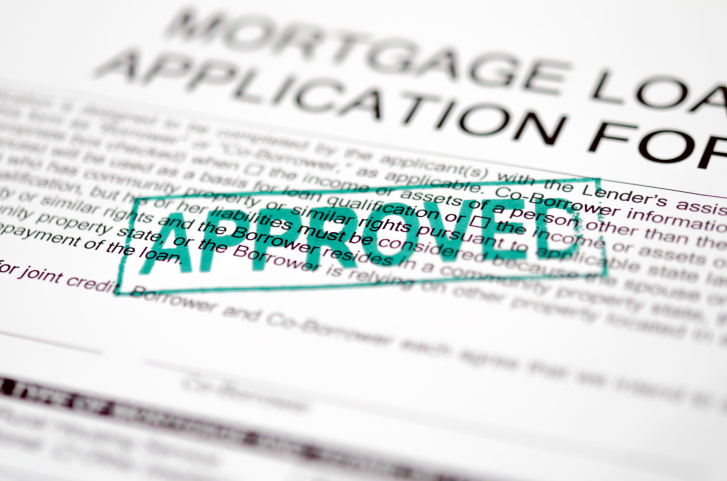 The work of a real estate agent can make or break how a prospective buyer feels about the property. Now that it’s time to sell your home, you want to find the right agent to market it.
The work of a real estate agent can make or break how a prospective buyer feels about the property. Now that it’s time to sell your home, you want to find the right agent to market it.
How do you find someone you can trust who will make you feel confident they can sell your home quickly for the best price possible? Here are the questions you should be asking.
Are They Licensed?
This one is the easy one. You should be working with a member of the National Association of Realtors®. It is also important that you check whether they have any complaints on record about their practices.
You can check with your state’s real estate department as well.
Are They Successful?
A successful real estate agent is more than the number of sales they have completed. You should also find out the average difference between listing and selling prices on their most recent sales.
If an agent is closing deals at far below the original asking price consistently, that might be a red flag.
How Busy Are They?
Make sure you ask in advance how often the agent will contact you and how they will keep you informed of potential buyers. If you’re going to be working with one of their associates at times, you should know.
How Familiar Are They With Your Neighborhood?
A real estate agent is not just marketing your home – they’re marketing your entire community. If they have closed nearby sales before, they are familiar with the selling points of the neighborhood as well as the right price range for properties similar to yours.
How Much Commission Do They Expect?
Normally you will pay the agent about 6 percent of the sale price. If you find one that offers their services for a low percentage, you should know why. Are they just trying to stay competitive? Or do they expect you to do a large share of the marketing yourself?
Do They Have A Plan?
The real estate agent should be able to tell you exactly which marketing techniques they would use for your home and how they plan to promote the listing. They should come to the table with ideas from the very beginning.
Now that you have a clearer idea of the basics, use the internet to find trusted real estate agents in your area. Then pick up the phone and begin your journey toward becoming a successful home seller today.
 The internet has changed how many people shop for a home and one of the most important issues that people will face is whether to fill out a home loan application online or offline.
The internet has changed how many people shop for a home and one of the most important issues that people will face is whether to fill out a home loan application online or offline. It is no secret that the COVID-19 pandemic has had an impact on everyone; however, there are a few impacts that are being overlooked. In addition to the public health crisis and the tanking of the stock market, there are also impacts of the virus on people’s home values.
It is no secret that the COVID-19 pandemic has had an impact on everyone; however, there are a few impacts that are being overlooked. In addition to the public health crisis and the tanking of the stock market, there are also impacts of the virus on people’s home values.
